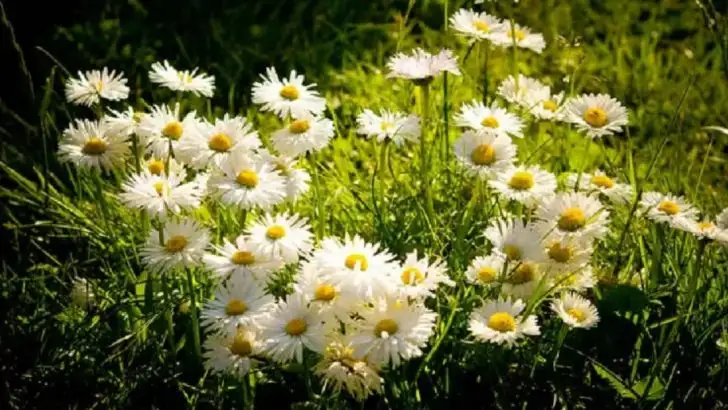You’re throwing away free fertilizer. Those weeds you yank, curse, and bag up? They’re not villains. They’re gold in disguise. Every time you toss them, you’re missing out on compost magic, nutrient-packed brews, and garden-boosting mulch that could rival anything in a bottle. It’s time to flip the script. Dandelions, thistle, plantain—they’re not just freeloaders. They’re powerhouse plants waiting to be turned into garden fuel. And guess what? No trips to the store, no fancy gadgets, no mystery ingredients. Just you, your weeds, and a little backyard alchemy. Grab some gloves, skip the guilt, and let’s turn that weedy mess into the best thing your garden’s ever eaten. Ready to make your weeds work for you? Let’s dig in.
Composting Dandelions
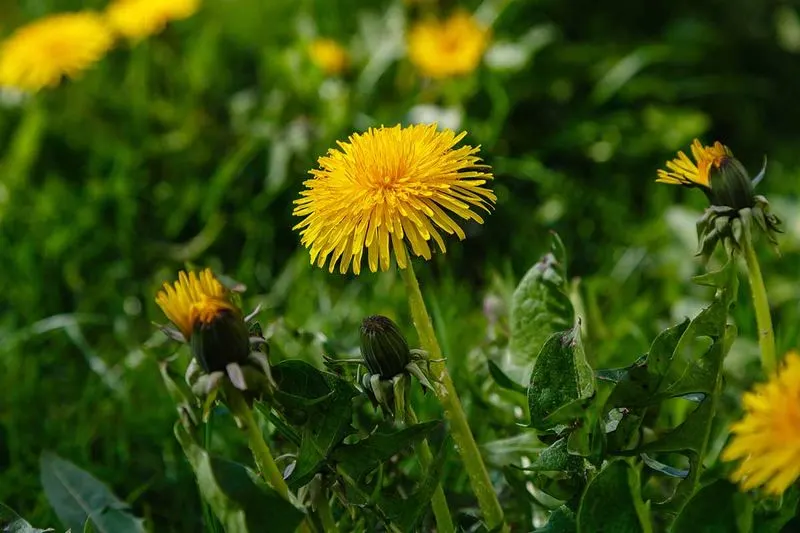
Dandelions are more than just bright yellow intruders in your lawn. Their leaves, rich in potassium, make excellent compost material. Layer them generously in your compost pile, mixing them with other organic materials. As they decompose, they enrich the soil with vital nutrients.
Did you know that dandelions also attract beneficial insects? Their presence in your compost can enhance the microbial activity. This accelerates decomposition, making your compost even more effective. Embrace the vibrant dandelion as a key player in your garden ecosystem. Watch your plants flourish as they feed on this nutrient-rich blend.
Nettle Tea Fertilizer
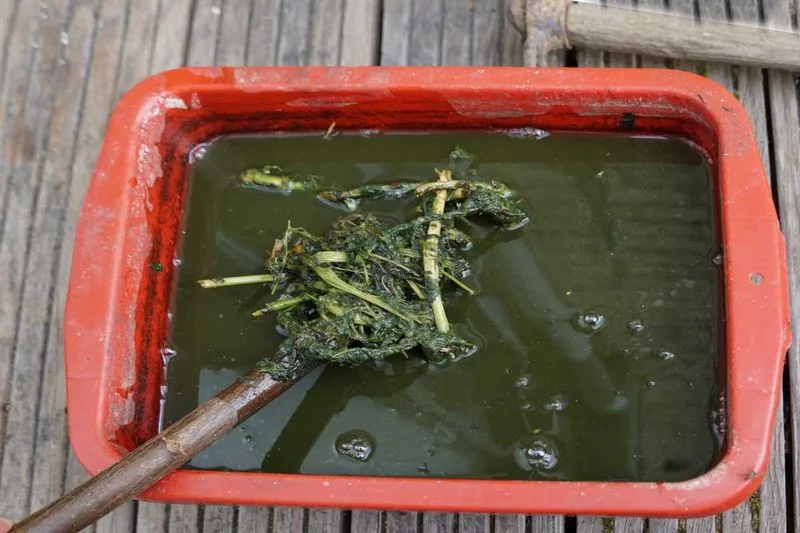
Stinging nettles might pose a threat to your skin, but they are a boon for your garden. Packed with nitrogen, calcium, and iron, nettle tea is a potent fertilizer. Steep chopped nettles in water for a few weeks, allowing the nutrients to infuse into the liquid.
Once ready, dilute the tea with water and apply it to your garden. This concoction strengthens your plants, promoting vibrant growth and resilience.
Historically, nettles have been used in traditional medicine. Now, they can rejuvenate your plants, turning a prickly weed into a gardener’s delight.
Chickweed Mulch
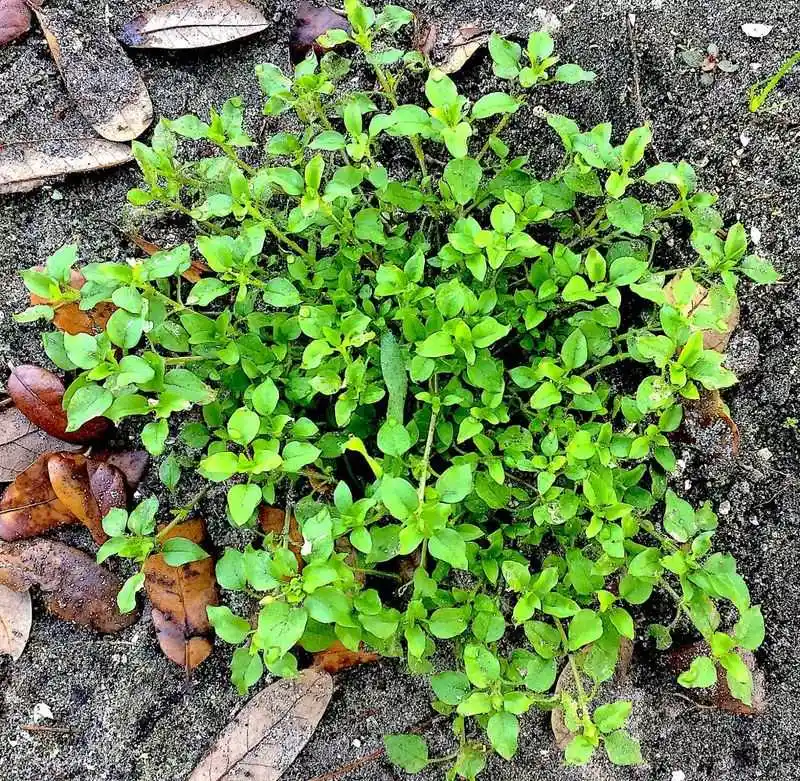
Chickweed often goes unnoticed, but it serves as an effective mulch. Spread it as a protective layer over your soil to retain moisture and suppress weeds. This not only conserves water but also enriches the soil as it decomposes.
Chickweed is packed with vitamins and minerals, offering a nutritional boost to your garden. Its soft texture makes it easy to work with, and it’s readily available.
Transforming chickweed into mulch is a simple way to enhance your garden’s health, turning an overlooked plant into a valuable resource.
Yarrow Compost Accelerator
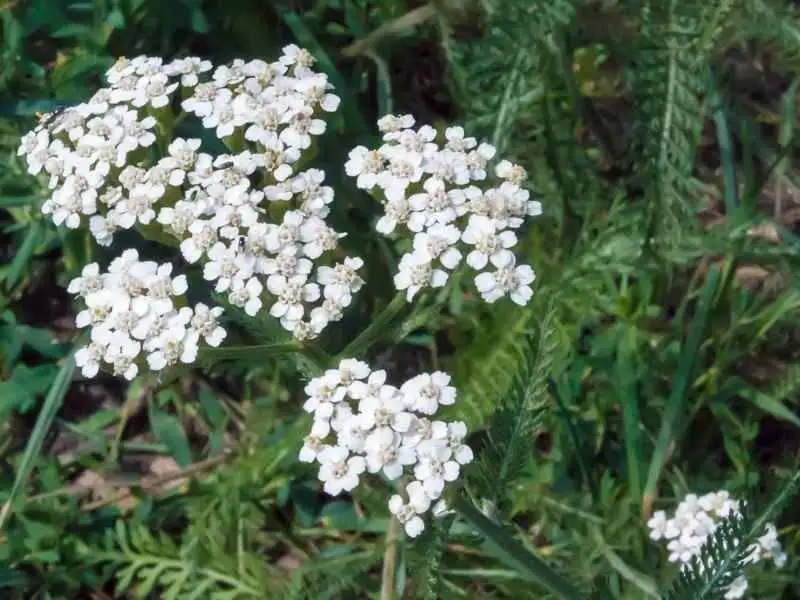
Yarrow’s feathery leaves are more than just ornamental. They’re nature’s compost accelerators, speeding up the decomposition process when added to compost. Rich in nutrients, yarrow enhances the microbial activity within the pile.
Integrate yarrow throughout your compost, mixing it with other materials. Its unique properties help in breaking down tough organic matter, resulting in richer compost faster.
In folklore, yarrow was considered a healing herb. Today, it heals your garden’s soil, turning waste into nourishment. Embrace yarrow’s legacy as a gardener’s secret weapon.
Lamb’s Quarters Liquid Fertilizer
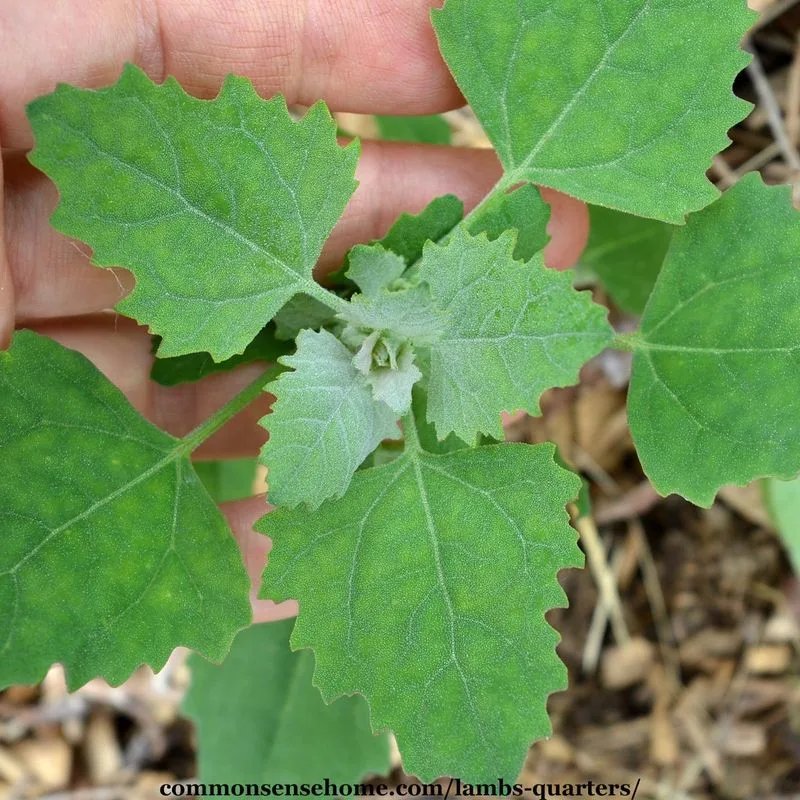
Lamb’s quarters, often mistaken for a nuisance, are rich in phosphorus, calcium, and potassium. To make a liquid fertilizer, soak the leaves in water for a few days. Strain the liquid, diluting it before applying to your garden.
This natural brew enhances plant growth, providing essential nutrients that are readily absorbed. The process is simple and cost-effective, turning a common weed into a garden ally.
Lamb’s quarters were once a staple in ancient diets. Now they can nourish your soil, linking past wisdom with modern gardening practices.
Daisy Green Manure
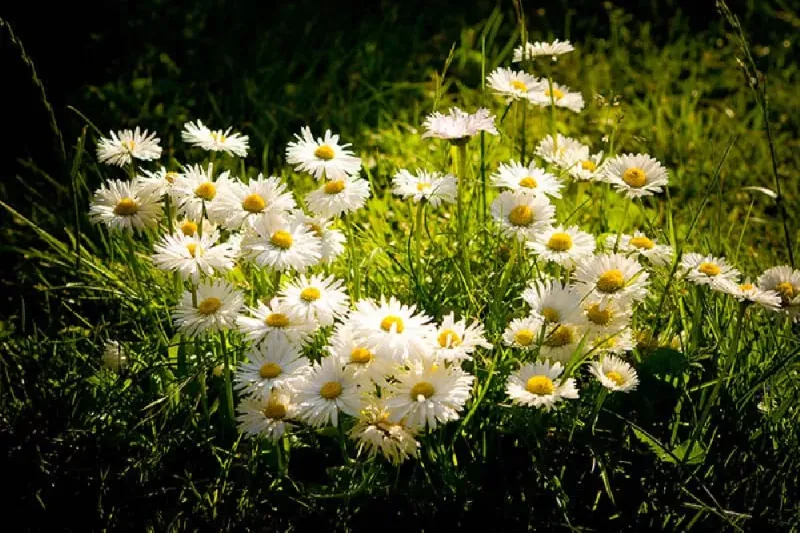
Daisies, with their cheerful blooms, are more than just eye candy. As green manure, they enrich the soil with organic matter and nutrients. Tilling daisies into your garden beds enhances soil structure and fertility.
Their decomposition process releases nutrients, improving soil health and supporting healthy plant growth. Daisies are easy to grow and manage, making them an ideal choice for green manure.
In ancient times, daisies symbolized purity. Today, they purify your soil, continuing their legacy in a new form. Transform these beautiful flowers into a tool for soil rejuvenation.
Clover Cover Crop
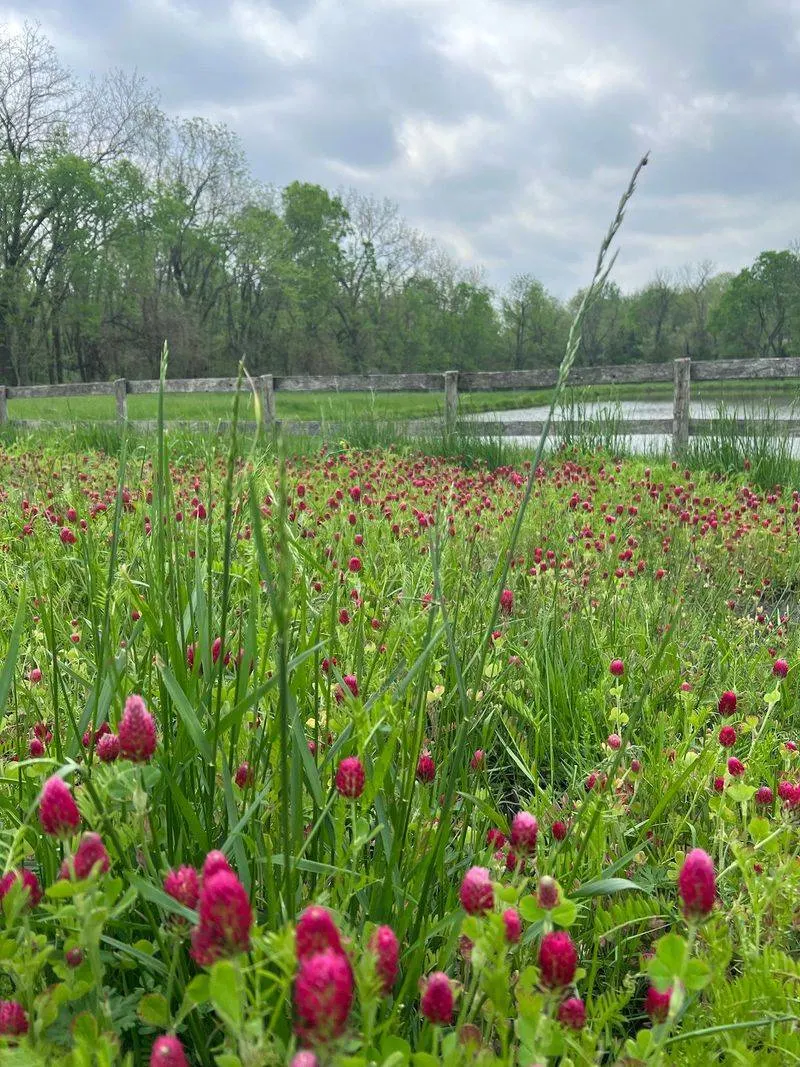
Clover isn’t just a lucky charm; it’s a dynamic cover crop that enriches your soil. Its ability to fix nitrogen makes it invaluable for improving soil fertility. Plant clover in your garden during the off-season to replenish nutrients naturally.
As it grows, clover protects the soil from erosion and suppresses weeds. Once tilled into the soil, it releases nitrogen, boosting plant health and growth.
Farmers have long used clover to enhance their fields. Now, you can adopt this age-old practice, weaving luck and fertility into your garden’s fabric.
Burdock Root Amendment
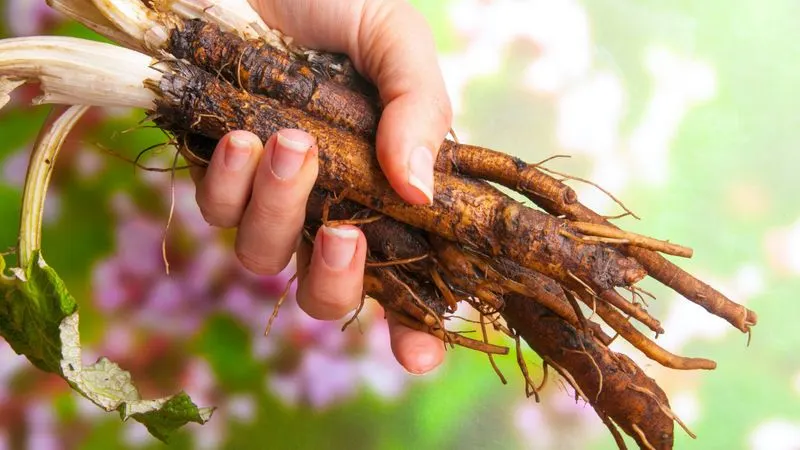
Burdock, often a tenacious weed, offers more than meets the eye. Its deep roots break up compacted soil, improving aeration and drainage. Harvest these roots, chop them, and incorporate them into your garden beds.
As they decompose, burdock roots enhance soil structure and add organic matter. This natural amendment supports healthy root growth for your plants.
Burdock has been used in traditional remedies for centuries. Now, its roots can remedy your soil’s compaction issues, bridging old-world knowledge with modern gardening techniques.
Plantain Weed Fertilizer
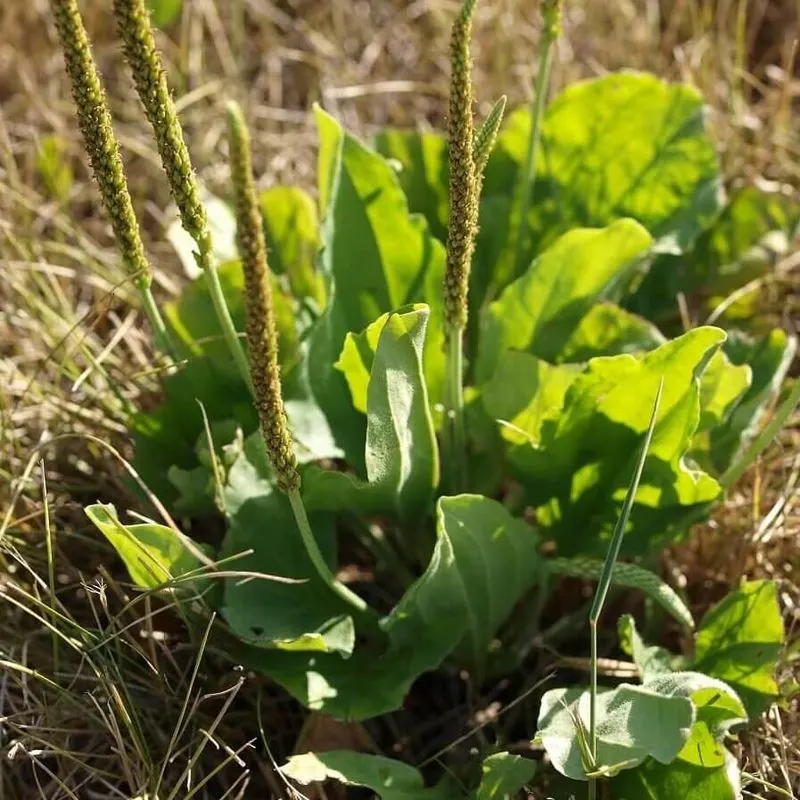
Plantain weeds, with their broad leaves, are a gardener’s friend in disguise. Rich in nutrients, they can be transformed into a potent fertilizer. Chop the leaves and incorporate them directly into the soil, or use them in compost.
Their decomposition adds organic matter, improving soil health and plant vigor. Plantains also attract beneficial microorganisms, enhancing soil fertility.
Once seen as a persistent weed, plantain is now a valuable ally in sustainable gardening. Harness its potential to boost your garden’s productivity naturally.
Dock Weed Nutrient Booster
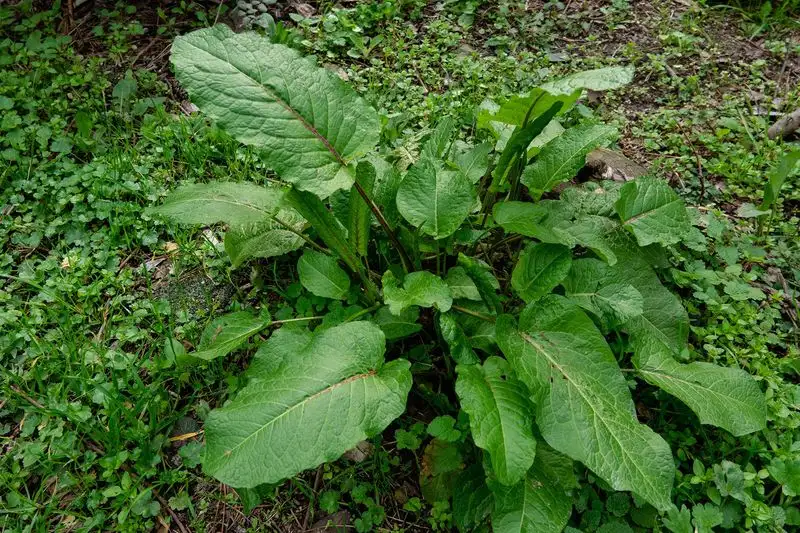
Dock weeds, often a gardener’s headache, are packed with nutrients. Use them to create a nutrient booster for your garden. Chop the leaves and let them decompose in your compost or directly in the soil.
Their rich nutrient content enhances soil fertility, supporting robust plant growth. Dock weeds are particularly effective in improving soil structure and moisture retention.
Once a symbol of neglect, dock weeds now embody potential. Transform them into a powerful tool for garden enrichment, turning a bane into a boon.
Thistle Compost Enrichment
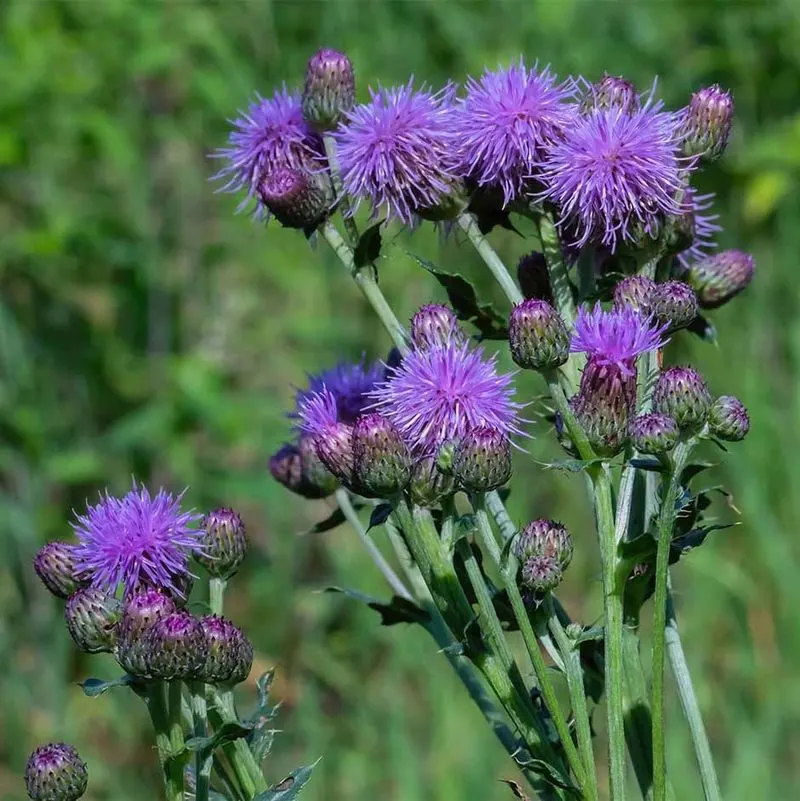
Thistles, with their prickly nature, conceal rich nutrients that can benefit your compost. When added to a compost pile, thistles contribute essential nutrients that enhance the compost’s efficacy.
They break down over time, releasing minerals that improve soil health. Thistles are readily available and easy to incorporate.
Historically, thistles have symbolized resilience. Now, they bring resilience to your garden, fortifying your soil with their hidden potential. Embrace the thistle for a stronger, more vibrant garden.
Bindweed Compost Improver
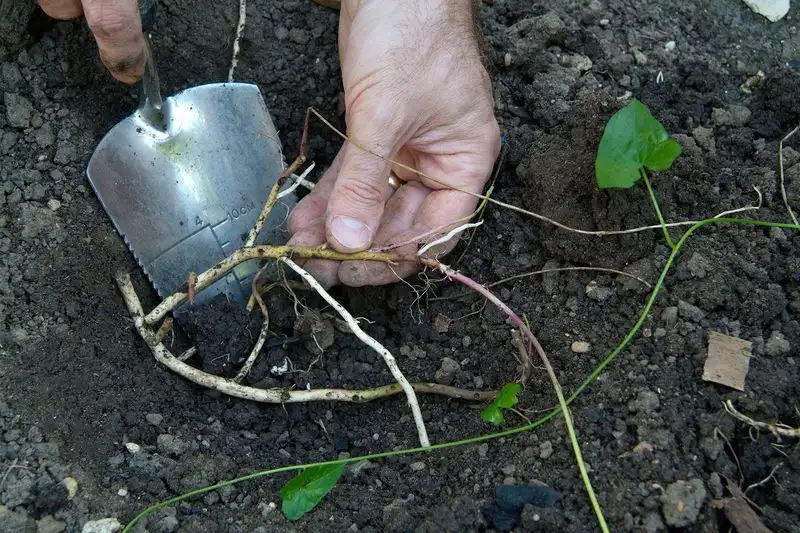
Bindweed, often a persistent invader, can be a helpful compost improver. Incorporate it into your compost pile, where it breaks down, releasing nutrients that enrich the compost.
This process transforms bindweed from a nuisance into a beneficial additive. Its decomposition adds valuable organic matter, enhancing compost quality.
Bindweed’s persistence is legendary, but now it can persist in a positive way. Utilize its tenacity to strengthen your compost, turning a notorious weed into a garden ally.
Shepherd’s Purse Soil Enhancer
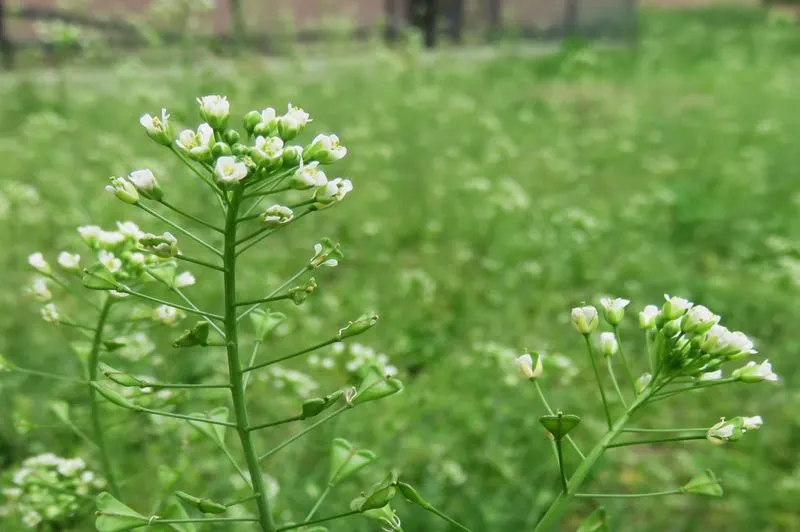
Shepherd’s purse, with its heart-shaped seed pods, is more than a modest weed. It’s an excellent soil enhancer when used in compost or as a direct soil amendment.
Its decomposition enriches the soil, adding organic matter and nutrients. This improves soil structure and fertility, supporting healthy plant growth.
Shepherd’s purse has long been admired for its medicinal properties. Now, it can offer your garden healing benefits too. Transform this unassuming plant into a vital part of your gardening strategy.

